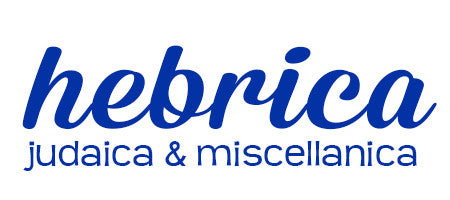 Have you ever noticed a Jewish building, like a synagogue or Hillel, with some bricks missing? Like, maybe someone had run a car into the wall and it hadn't been fixed yet? Actually, the building is unfinished; a few bricks are left out, to symbolize the incompleteness of the universe and our responsibility to help complete it.
Have you ever noticed a Jewish building, like a synagogue or Hillel, with some bricks missing? Like, maybe someone had run a car into the wall and it hadn't been fixed yet? Actually, the building is unfinished; a few bricks are left out, to symbolize the incompleteness of the universe and our responsibility to help complete it.
But, you might ask, how could anything in God's creation not be utterly perfect? That's easy: we only have to look at ourselves to know that God may have made us, but we are works in progress.
This week, we start the cycle of reading Torah back at the start. Parsha B'reishit, Genesis 1:1 through 6:8, is one of the most beautiful and fascinating portions of the Hebrew bible. The first word, b'reishit, is often translated, "In the beginning..." but a close look at the Masoretic text, with the vowel sounds indicated, "in the beginning" is actually "in a beginning" because there is no "ha," or "the," in the pronunciation. Other translations start the English with "When God began..."
The difference is subtle, both linguistically and in what the text can teach us. The work of creation has many beginnings, and no end. It is up to us to help God make the world better. As it says in Pirkei Avot 2:21, "You are not obligated to complete the work, but neither are you free to desist from it." It may also be that God began this creation but started others we can only guess at.
In any case, the Jewish understanding of our place in the universe is that we all have a responsibility to move creation along to a better state than we found it. The Torah is very clear on that: protect the widow and orphan, love the stranger, do not reap the corners of your field...
May your new year of Torah be filled with new beginnings, new understandings, and a renewed commitment to tikkun olam, repairing the world.
